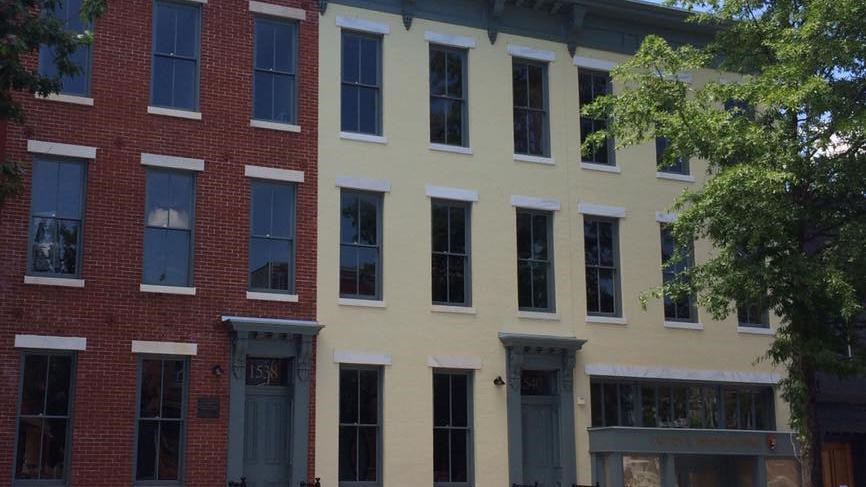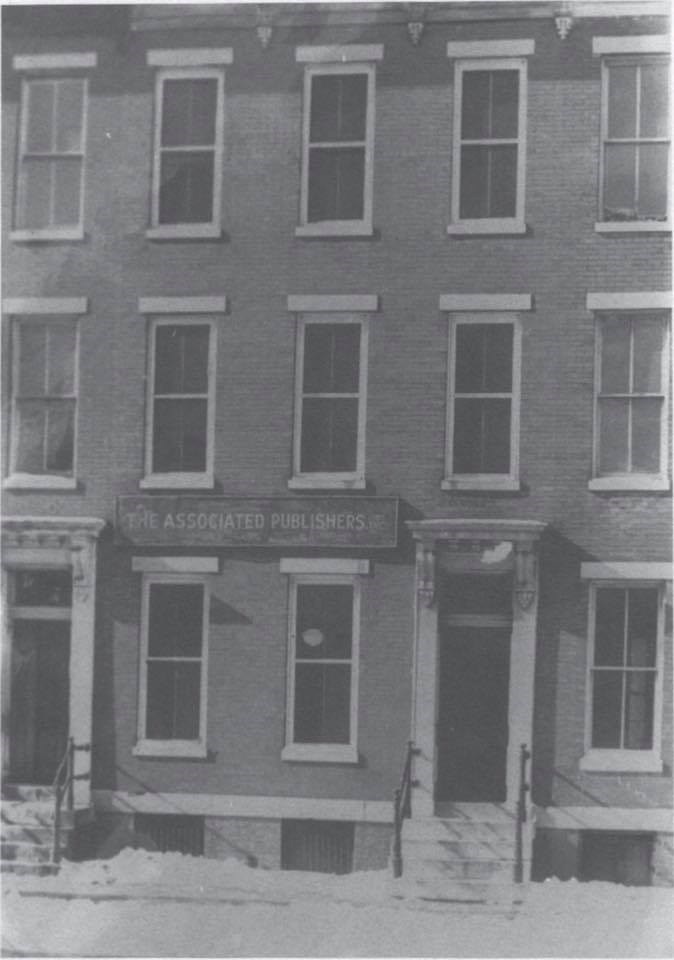Last updated: April 10, 2021
Thing to Do
Peer Into the Past at the Carter G. Woodson Home

NPS
Ranger-led tours of the home are only offered on the days the site is open to the public on Thursdays, Fridays, and Saturdays from 9:00 am to 5:00 pm. Tours are given every hour with the exception of 12 noon. Drop-ins are welcome. Groups of more than 10 people are strongly encouraged to make a reservation before-hand. Reservations can be made online through recreation.gov, or by calling (202) 426-5961, or emailing woodsonnhs@nps.gov.
The National Park Service also offers walking tours of Dr. Woodson's neighborhood within the historic Shaw community.
Service animals are allowed in national parks. For a definition of a service animal, please see the Americans with Disability Act (ADA) definition.
No fee required.
1538 Ninth Street, N.W.
Washington, D.C. 20001
The home is only open on Thursdays, Fridays, and Saturdays from 9:00 am to 5:00 pm

ASALH
The Carter G. Woodson Home National Historic Site, located in Washington, D.C., served as the home of the “Father of Black History,” Dr. Carter G. Woodson from 1922 until his death in 1950.
Carter Godwin Woodson was born on December 19, 1875 in New Canton, Virginia to parents that had been enslaved. As an African American boy growing up in central Virginia during the late 19th century, he had few educational or employment opportunities. In pursuit of a new life, he and his family moved to Huntington, West Virginia, where he worked in the New River Gorge coalfields to help supplement the family’s income. Finally, by the time he was 20, Woodson saved enough money from his days as a coal miner to begin his formal education. In 1912, Woodson became the second African American (and the only person of enslaved parentage) to earn a PhD from Harvard University.
As the nation’s first professionally trained historian of African descent, Woodson institutionalized the study of African American history, and from his home located at 1538 Ninth Street, N.W. in the heart of the city’s Shaw Neighborhood, he directed the operations of his organization, the Association for the Study of Negro Life and History, Inc., ran a publishing company, the Associated Publishers, Inc. and in 1926, started Negro History Week, which is now observed as Black History Month. The home is open to the public for tours on Thursdays, Fridays, and Saturdays and offers interpretive and educational programs throughout the year.
